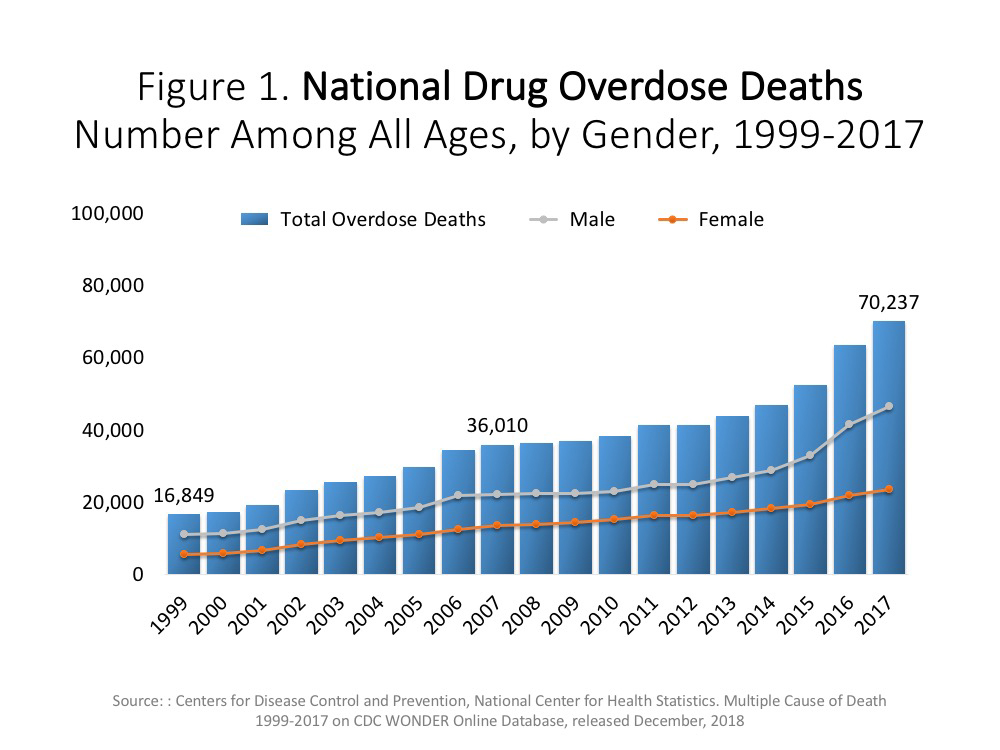Initial Choice of Spinal Manipulation Reduces Escalation of Care for Chronic Low Back Pain Among Older Medicare Beneficiaries
Initial Choice of Spinal Manipulation Reduces Escalation of Care for Chronic Low Back Pain Among Older Medicare Beneficiaries
SOURCE: Spine (Phila Pa 1976) 2021 (May 11) [EPUB]
James M Whedon, Anupama Kizhakkeveettil, Andrew W Toler, Serena Bezdjian, Daniel Rossi, Sarah Uptmor, Todd A MacKenzie, Jon D Lurie, Eric L Hurwitz, Ian Coulter, Scott Haldeman
Southern California University of Health Sciences,
Whittier, CA, USA
Geisel School of Medicine at Dartmouth,
Hanover, NH, USA.
Study design: We combined elements of cohort and crossover-cohort design.
Objective: The objective of this study was to compare long-term outcomes for Spinal Manipulative Therapy (SMT) and Opioid Analgesic Therapy (OAT) regarding escalation of care for patients with chronic low back pain (cLBP).
Summary of background data : Current evidence-based guidelines for clinical management of cLBP include both OAT and SMT. For long-term care of older adults, the efficiency and value of continuing either OAT or SMT are uncertain.
Methods: We examined Medicare claims data spanning a five-year period. We included older Medicare beneficiaries with an episode of cLBP beginning in 2013. All patients were continuously enrolled under Medicare Parts A, B, and D. We analyzed the cumulative frequency of encounters indicative of an escalation of care for cLBP, including hospitalizations, emergency department visits, advanced diagnostic imaging, specialist visits, lumbosacral surgery, interventional pain medicine techniques, and encounters for potential complications of cLBP.
Results: SMT was associated with lower rates of escalation of care as compared to OAT. The adjusted rate of escalated care encounters was approximately 2.5 times higher for initial choice of OAT vs. initial choice of SMT (with weighted propensity scoring: rate ratio 2.67, 95% CI 2.64-2.69, p < .0001).
There are more like this @ our:MEDICARE Section and the:


